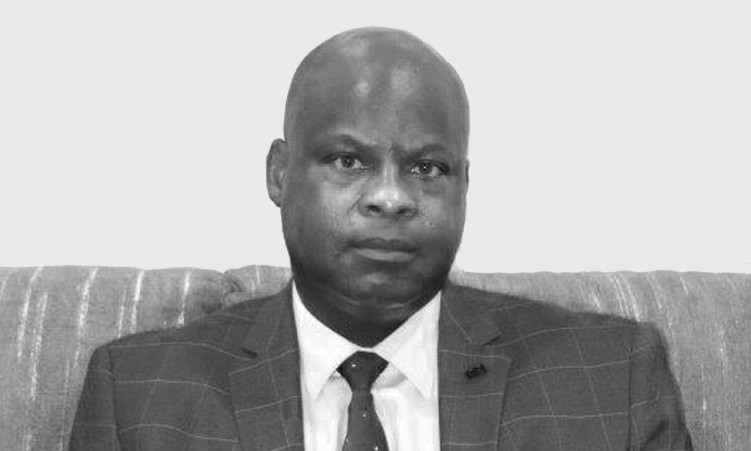Stakeholders of public enterprises have a right to fair and reasonable access to public facilities and services provided for in the Namibia Constitution.
Public enterprises need to be governed in the best interests of the nation.
It is a constitutional provision that administrative bodies and administrative officials should act fairly and reasonably to comply with the requirements demanded of them by common law and legislation.
In terms of the Constitution, everyone has the inalienable right to approach a competent court or tribunal to enforce their rights.
Administrative bodies and administrative officials perform public functions on behalf of the state.
This involves serving the nation in different spheres in line with government objectives of providing services to the public.
When delivering such services, the government delegates certain functions to entities established under any law to state-owned enterprises (SOEs).
SOEs are set up to complement government efforts in service delivery.
They are established by acts of parliament, namely the Public Enterprises Governance Act, for the efficient governance of SOEs and to monitor their performance with a clear demarcation of power, duties and functions.
DUTIES
SOEs are managed by a board of directors appointed by the relevant minister responsible for such public enterprises in conjunction with Cabinet.
For example, if an SOE caters for transport-related matters, the relevant minister is the person responsible for works and transport.
The minister handles the appointment of the board of directors of such SOE and tables their budget in parliament.
A company’s board of directors has a common law duty of care, skill and diligence towards the company they serve.
These duties play a crucial role in ensuring the promotion of corporate good governance, ethics and principles.
If public enterprises established under legislation cannot deliver quality services, the government will find it difficult to deliver much-needed public services.
PITFALLS
Over the past decade, there have been many reports of SOEs being managed poorly.
This has included mismanagement and the alleged embezzlement of public funds by some board members, which resulted in some public enterprises having to rely heavily on government bailouts.
This in turn poses operational risks. In most cases where SOEs have found themselves cash-strapped, it can be linked to mismanagement, and alleged theft, corruption and fraud.
Although SOE boards of directors are appointed by line ministers, in collaboration with Cabinet, some have become embroiled in scandals to such an extent that when they are discovered, criminal or civil actions are instituted against them.
Regrettably they end up getting fines.
According to the governing legislation, only the minister responsible for a particular SOE has the power to order their removal from office.
In terms of applicable laws and procedures, only the line minister, in consultation with Cabinet, has the right to appoint SOE boards of directors.
In too many cases, these appointments appear based on political considerations and not merit or qualifications.
RECOURSE
Citizens have no legal recourse to institute legal proceedings against SOE directors as they lack locus standi to take cases to court.
This is a because there is no legislation setting out criteria that stakeholders should follow to go to court for the removal of an errant director from office.
Such rights only apply to members/shareholders, the Master of the High Court, creditors, liquidators, or judicial managers in cases where a public enterprise may be under judicial management.
Therefore, it is recommended that authorities such as the Business and Intellectual Property Authority, which is busy with corporate law reform, should consider overhauling the entire process of the appointment and removal of SOE boards of directors in terms of the Companies Act and the Public Enterprises Governing Act.
This should be done to afford every citizen or association not for gain the right to go to court for an order of removal of an errant SOE board of directors, and should spell out the liability or consequences related to a breach of fiduciary duties by directors.
Such a right is vested in citizens/stakeholders by the Constitution.
- Lucas Tshuuya is a corporate governance practitioner from Onaanda in the Uukwambi district.
Stay informed with The Namibian – your source for credible journalism. Get in-depth reporting and opinions for
only N$85 a month. Invest in journalism, invest in democracy –
Subscribe Now!






